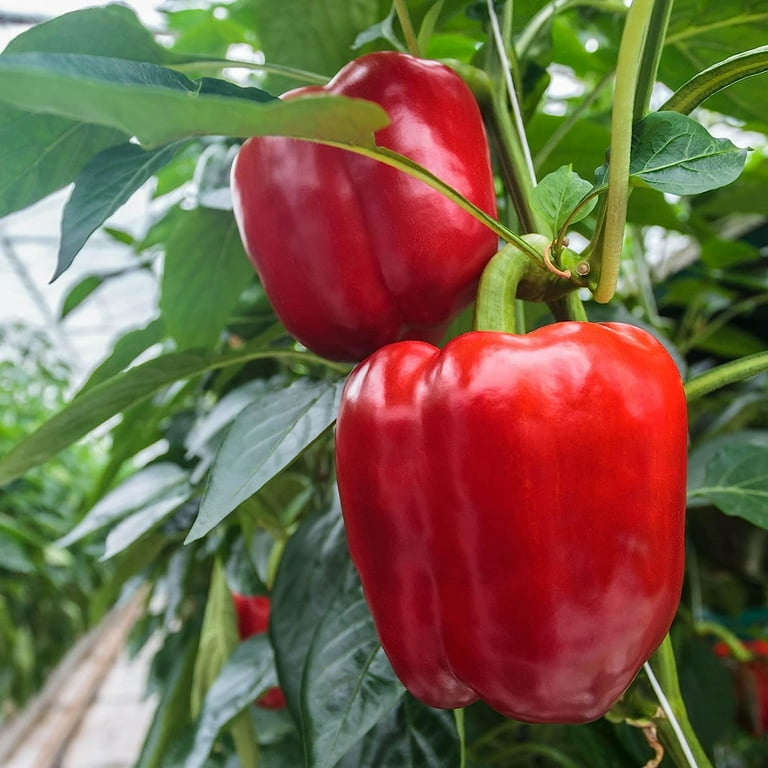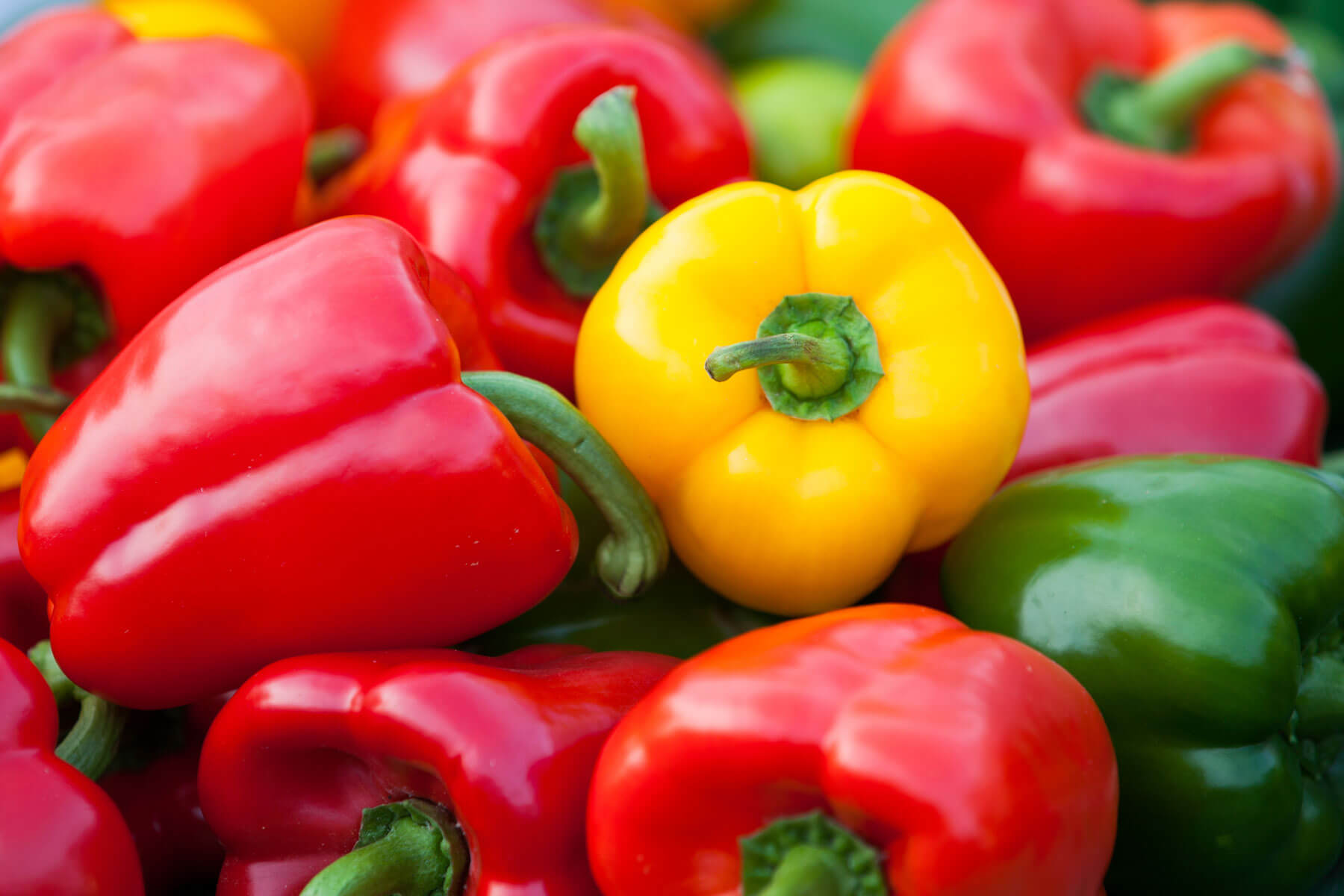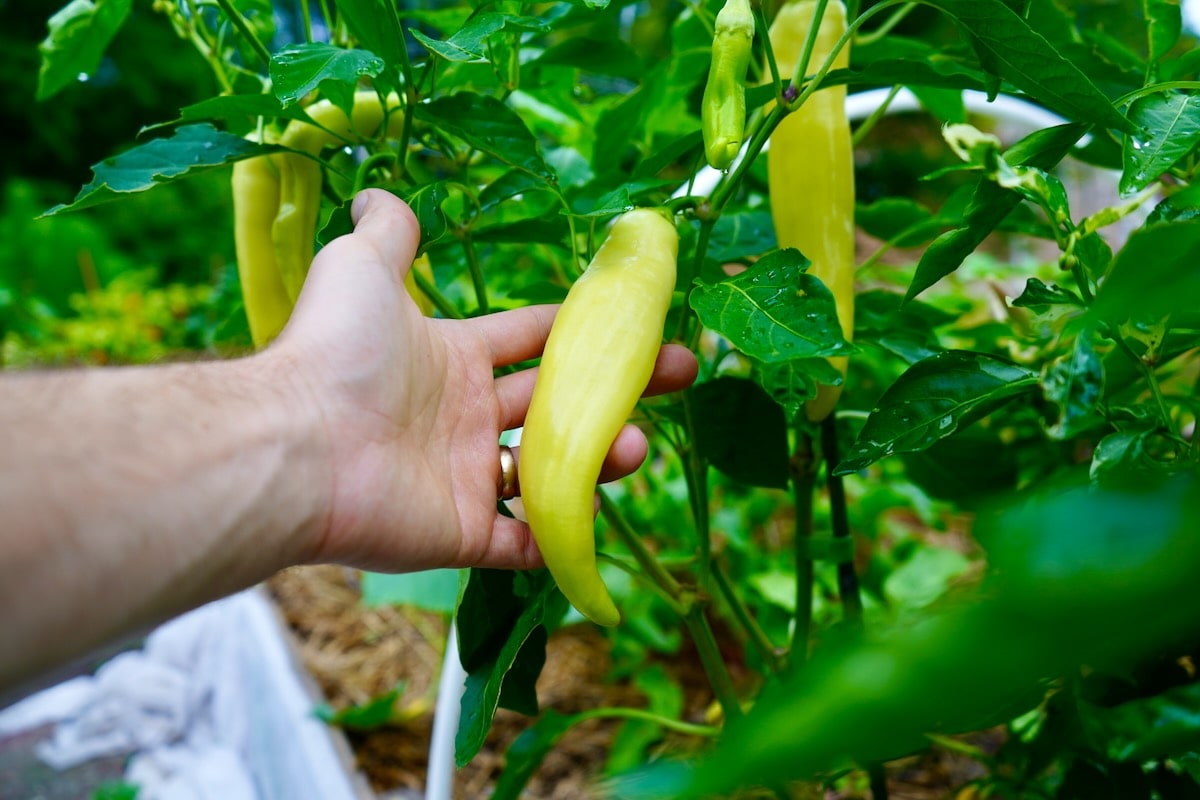Best Fertilizers for Peppers: Make The Most Of Plant Health and Return
Best Fertilizers for Peppers: Make The Most Of Plant Health and Return
Blog Article
Just How Plant Foods Play an Important Duty in Cultivating Abundant and healthy Pepper Crops
Fertilizers serve as the backbone of successful pepper farming, supplying a critical approach to nurturing the dirt and cultivating optimal plant growth. The intricate dancing in between important nutrients and the pepper plants' physical processes emphasizes the crucial function that plant foods play in making sure a plentiful harvest.
Significance of Nutrient-Rich Plant Foods
The usage of nutrient-rich fertilizers plays an essential duty in enhancing the performance and top quality of pepper crops in modern agricultural techniques. Phosphorus, nitrogen, and potassium are primary nutrients that are critical for the growth and development of pepper plants.
Poor levels of these nutrients can lead to stunted development, minimized yields, and vulnerability to diseases (best fertilizers for peppers). Nutrient-rich fertilizers offer a targeted solution to guarantee that pepper plants obtain the needed elements for optimum development and efficiency. Furthermore, these fertilizers aid improve dirt fertility with time, creating a lasting atmosphere for long-lasting pepper growing
Enhancing Plant Development and Advancement
To optimize plant development and growth in pepper crops, critical application of nutrient-rich fertilizers is essential. Plant foods play an essential role in boosting the general health and wellness and efficiency of pepper plants by providing them with crucial nutrients that may be doing not have in the soil. Phosphorus, potassium, and nitrogen are main macronutrients needed in big amounts by peppers for durable development. Nitrogen aids in leafy green growth and general plant vigor, phosphorus supports root growth and blossom formation, while potassium adds to condition resistance and fruit high quality.
Along with these macronutrients, micronutrients such as magnesium, iron, and zinc are additionally vital for the appropriate performance of numerous plant processes. Iron, for circumstances, is needed for chlorophyll production, which is essential for photosynthesis and overall plant development. Zinc plays an essential function in enzyme activity and hormonal agent synthesis, impacting plant growth and growth at a mobile degree. Magnesium is vital for the development of chlorophyll and general energy transfer within the plant.

Boosting Illness Resistance With Plant Foods
By strategically including targeted plant foods, farmers can boost the disease resistance of pepper plants, ensuring optimum plant health and productivity. Plant foods including necessary nutrients like potassium, phosphorus, and nitrogen play a crucial role in strengthening pepper plants' body immune systems, making them much more durable to different diseases. Nitrogen, for example, aids in the manufacturing of healthy proteins that are important for plant protection mechanisms. Phosphorus adds to root advancement, allowing plants to much better soak up nutrients and water, hence enhancing their ability to ward off illness. Potassium regulates procedures that enhance overall plant wellness, making peppers a lot more robust against virus.

Optimizing Pepper Return Through Fertilization
Using a well balanced fertilization strategy is vital to achieving maximum pepper yield and making sure optimal plant efficiency. By providing peppers with the right nutrients at the correct time, farmers can substantially improve their return capacity. Nitrogen, potassium, and phosphorus are important elements for pepper development, with nitrogen helping in fallen leave and stem development, phosphorus sustaining root growth and blossom development, and potassium advertising total plant health and wellness.
To maximize pepper return, it is essential to perform dirt tests to identify existing nutrition degrees and determine any type of shortages that require to be resolved. Based on these outcomes, farmers can create a customized fertilization plan that satisfies the specific requirements of their pepper crops. In addition, appropriate fertilization strategies such as split applications throughout the expanding season can guarantee continual nutrition accessibility for the plants.

Sustainable Fertilizer Practices for Peppers
In taking into consideration sustainable fertilizer practices for peppers, it is important to concentrate on lasting soil wellness and environmental stewardship in conjunction with making the most of plant productivity. One crucial technique is the usage of organic fertilizers such as compost, manure, or cover crops, which not only provide crucial nutrients to the peppers but also add to soil structure and microbial activity. click to find out more best fertilizers for peppers.
Additionally, accuracy farming methods, such as dirt screening and targeted nutrient applications, can assist maximize fertilizer usage, making certain that peppers receive the nutrients they require without excess drainage into rivers. This not just profits the atmosphere by reducing pollution yet also conserves prices for farmers by decreasing waste. By taking on lasting fertilizer methods, pepper farmers can safeguard the health of their crops, dirt, and surrounding environments for future generations.
Final Thought
Finally, plant foods are necessary for growing plentiful and healthy pepper crops. best fertilizers for peppers. They provide required nutrients for plant growth and advancement, increase disease resistance, and make the most of return. By executing sustainable plant food methods, farmers can make certain the long-lasting health and wellness of their pepper plants and add to a much more environmentally-friendly and efficient farming system
The detailed dancing between essential nutrients and the pepper plants' physical processes underscores the critical duty that plant foods play in making certain an abundant harvest.To enhance plant development and growth in pepper plants, strategic application of nutrient-rich plant foods is necessary. Plant foods play an important function in improving the general health and productivity of pepper plants by supplying them with essential nutrients that may be lacking in the soil.By purposefully integrating targeted fertilizers, farmers can strengthen the illness right here resistance of pepper plants, making certain optimal plant wellness and productivity. Fertilizers having important nutrients like nitrogen, potassium, and phosphorus play a critical role in strengthening pepper plants' immune systems, making them more resistant to different illness.
Report this page